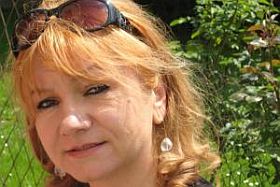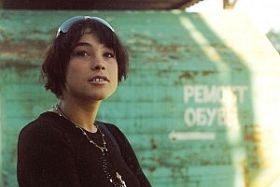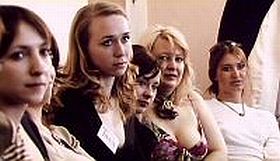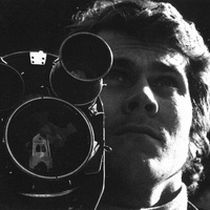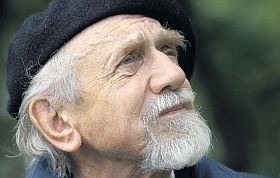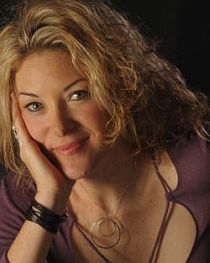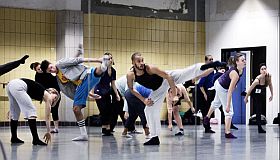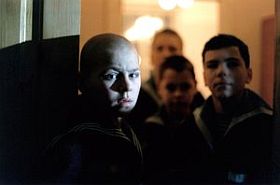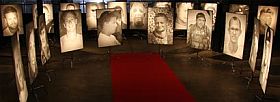


Jakob Rosenkrands: Jagten på de røde lejesvende
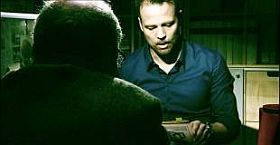
Erhard Jakobsen fik udtrykket indflettet i det danske sprog. Vi ved godt, hvad der er tale om, ved hvem de er, disse DR medarbejdere dengang. Men, men hvad ligger der i udtrykket? Hvori består forbrydelsen? Egentlige lejesvende var de måske ikke. Måske var de ikke betalt for, beordret til eller anmodet om at lave noget bestemt, på bestemte måder, med bestemt indhold og bestemte synspunkter. Måske stod DKP ikke bag. Måske havde de blot en personlig mening om tingene og gav tydelig udtryk for den i det, de lavede på tv.
Jakob Rosenkrands har læst grundigt på lektien, sat sig ned ved sit bord med bogstabler og citater og andre belæg klar, filmklippene linet op i computeren og nu inviterer han så lejesvendene fra dengang ind til forhør. De bliver placeret overfor ham, helt sikkert uforberedte. Det er spillets regel. Og så går han venligt og roligt i gang. Og det er rigtig godt at overvære.
Dokumentaren, som er kommet ud af dette set up, er delt i tre. Jeg så første del i aftes. Og jeg skal nok hænge på. Det er sandelig tankevækkende tv (som de siger i DR). Først og fremmest er der denne mærkelige Rosenkrands, som aldeles underspillet er sin egen hovedperson. Det er jo sært, han er ikke nysgerrig, han vil i og for sig ikke have mere at vide af dem, han forhører. Han lytter høfligt, men vil blot have bekræftet, hvad han ved i forvejen. Han spørger venligt, men skarpt. Jeg mærker en eller anden anklage, som ligger under.
Og det gør de anklagede også, men for sent. Rosenkrands har ved sin metode, en omhyggelig og omhyggelig valgt attitude fået deres parader ned, fået en ærlighed frem, en befriende ærlighed. Han er bare god der på den anden side af bordet. Og dokumentarens medvirkende, den 70-er tids hovedpersoner, Per Schultz først og fremmest, men også Jens Nauntofte bliver så nøgne og bløde og forståelige. Så erindringer og forklaringer og indrømmelser smelter ind i tidsbilledets gribende arkivstof.
Det er altså ikke forhør, men det er anklager. En generations anklager mod den forgående. Men hvori bestod nærmere forbrydelsen? Var der egentlig tale om forbrydelse? Forhøret forsætter, det er spændende.
Jakob Rosenkrands: Jagten på de røde lejesvende, DR2, 2010.
